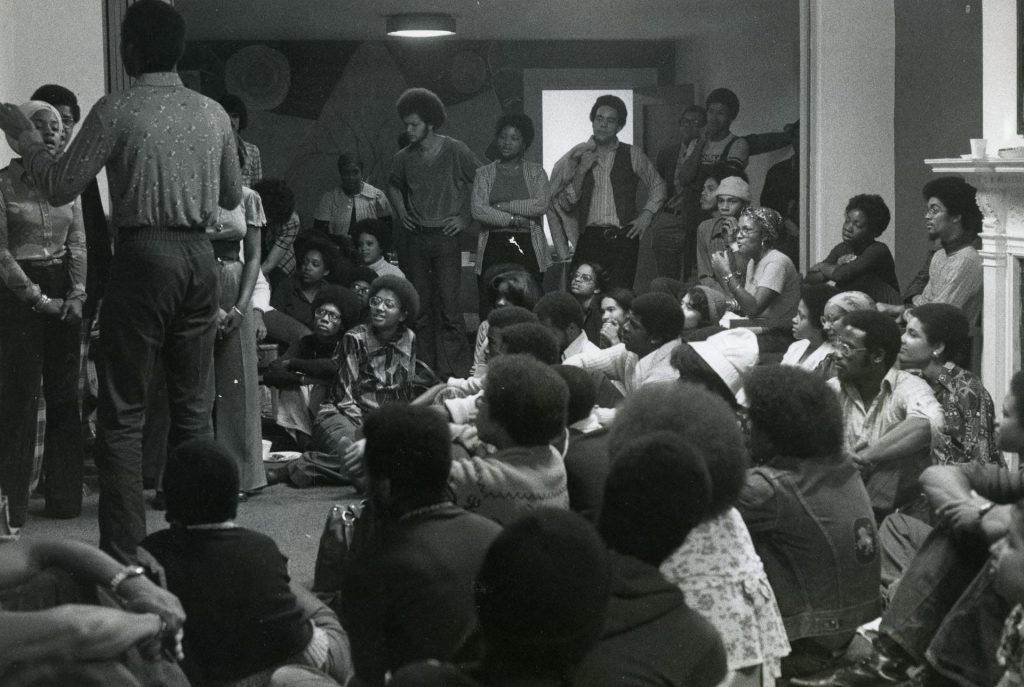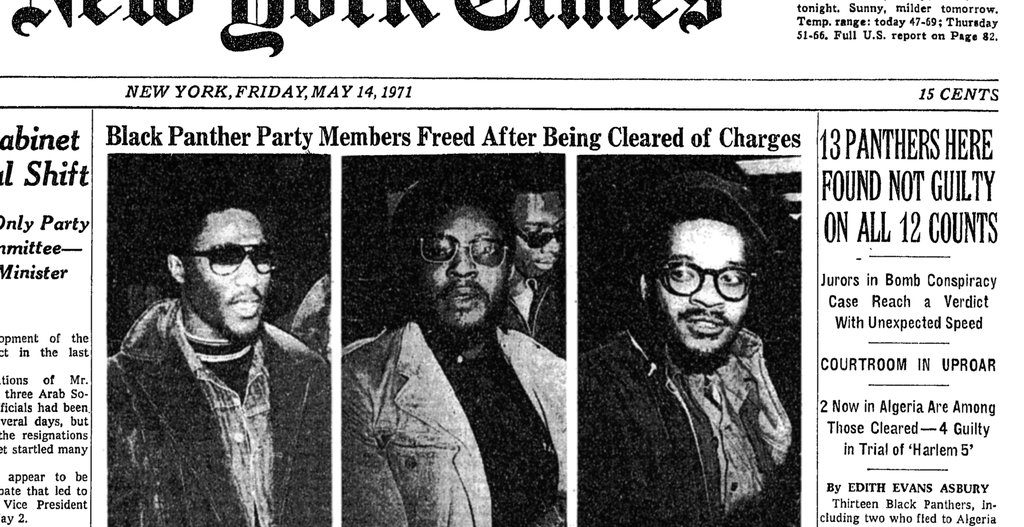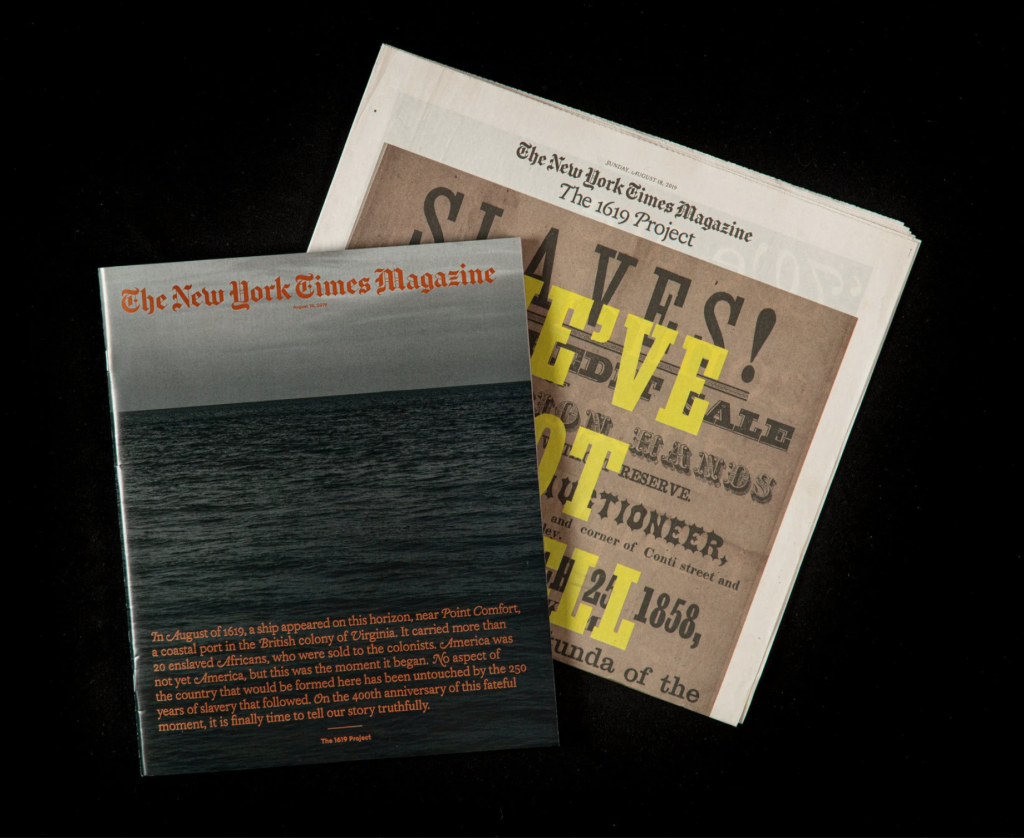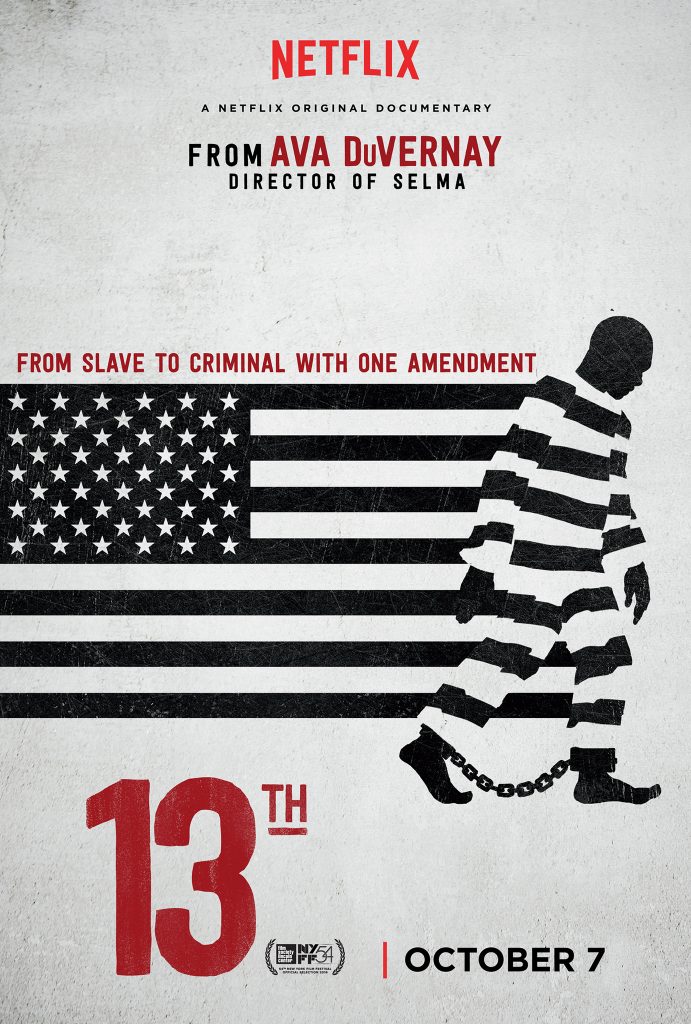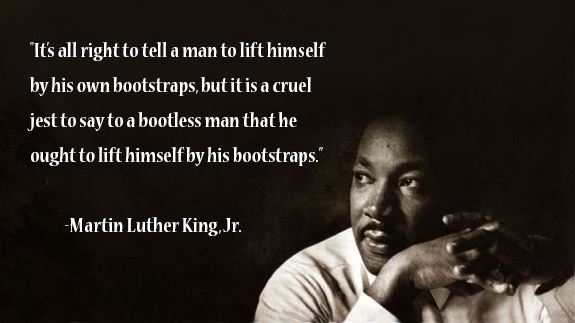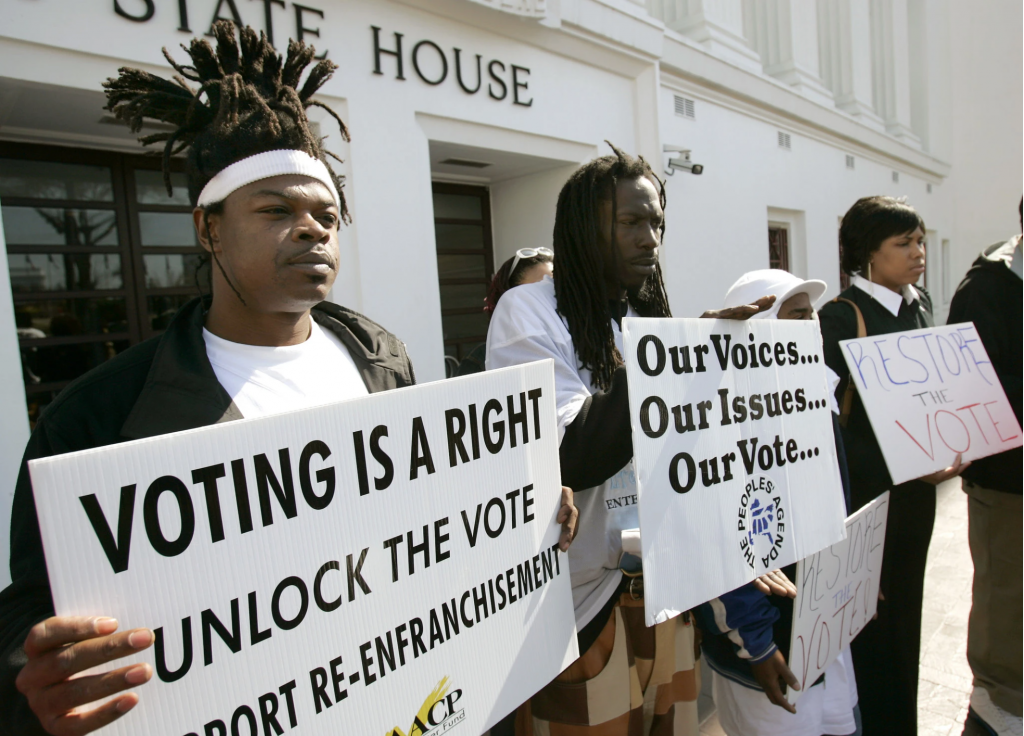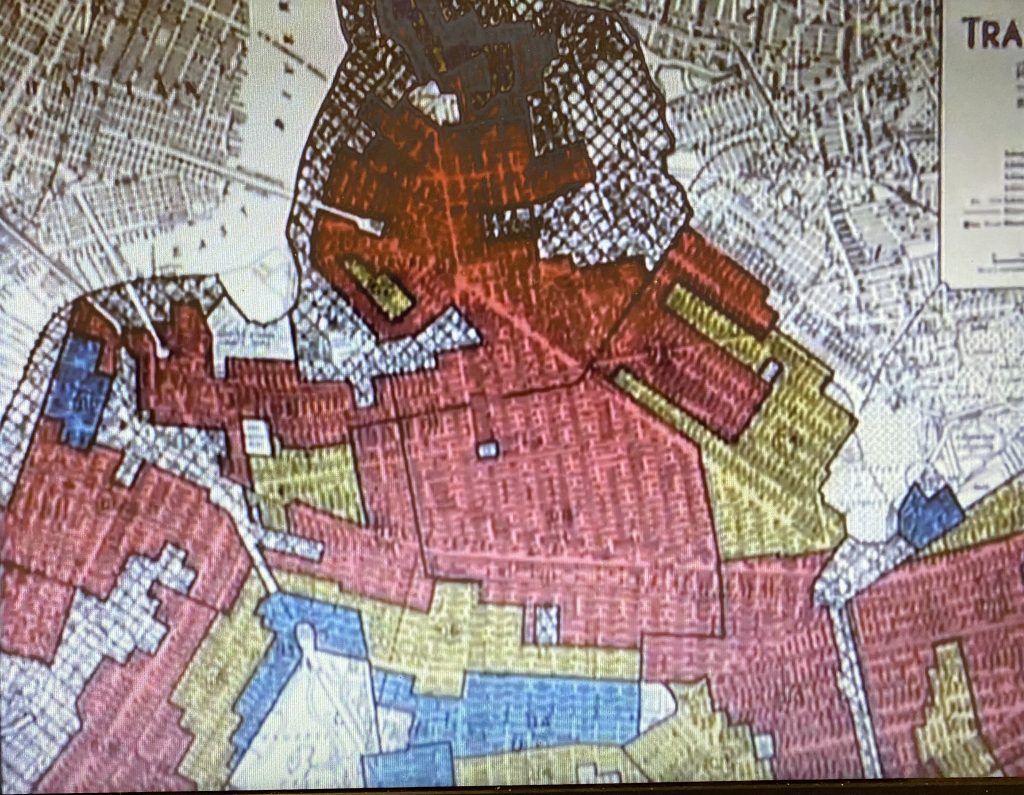As a part of our AFAM (African American Studies) 101 course, we were asked to share our thoughts on what we did not know prior to this course. Our group, featuring Kayden L., Aidan P., Carson C., Charlie H., and John M. have come up with 5 podcast episodes discussing our individual thoughts. Nonetheless, we realized a theme in all of our episodes of this mini series. That theme is Perception in relation to Education.

Below you can see how our series, “We didn’t know how education, as well as lack of education builds different perception of African Americans throughout time.” Each episode is also paired with a few resources. We hope you gain some insight into our experiences in AFAM 101.
- Introduction to Podcast Series
- Episode #1: The History of African American Studies and Why it Matters by Kayden L.
- Episode #2: Lynchings in the Psyche of White Society by Aidan P.
- Episode #3: Systematic Racism and its Exclusion from Teachings by Carson C.
- Episode #4: I didn’t know what I didn’t know by Charlie H.
- Episode #5: Africans’ history in Africa and how they were kidnapped and enslaved in Europe and America by John M.
- Conclusion
An Introduction with Charlie, Aidan,
Kayden, and Carson.
Episode #1: Before AFAM 101 I didn’t Know The History of African American Studies and Why it Matters
A podcast by: Kayden L.
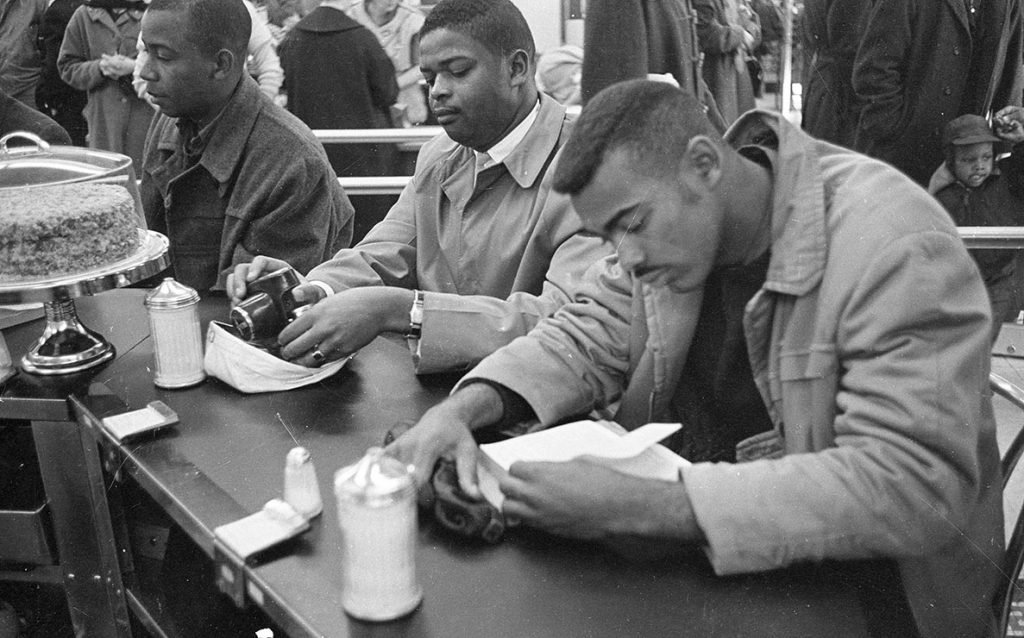

**points of clarification: When stating that medical books do not show the difference between diseases in African Americans and white people, it is specific to diseases that show up on the skin. Due to African Americans having darker skin, something like the Chicken Pox would be harder to see and also harder to diagnose if the only reference is images of it on white skin.
Additional information on the topic:
- Bennett, L. (1970). Before the Mayflower: A History of the Negro in America 1619-1964. Rev. ed. Harmondsworth, MD: Penguin Books.
- Stewart, J. B., & Anderson, T. (2015). Introduction to African American studies: Transdisciplinary approaches and implications. Baltimore, MD: Inprint Editions.
- Image citations:
- Davis, B. (2018, February 12). Third World Liberation Front strikes of 1968. Retrieved October 25, 2020, from https://1960sdaysofrage.wordpress.com/2018/02/12/third-world-liberation-front-strikes-of-1968/
- Wikipedia. Sit-in movement. (2020, August 23). Retrieved October 25, 2020, from https://en.wikipedia.org/wiki/Sit-in_movement
Episode #2: Before AFAM 101 I Didn’t Know That Lynchings Were Accepted By White People
A podcast by Aidan P
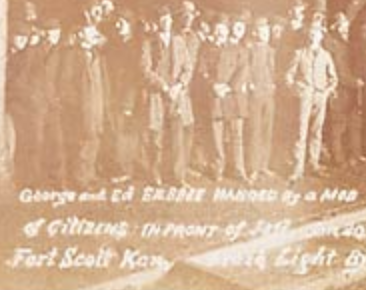
**points of clarification: The title of the book is Before the Mayflower: A History of the Negro in America, by Lerone Bennett, not Becket.
Additional information on the topic:
- Bennett, L. (1970). Before the Mayflower: A History of the Negro in America 1619-1964. Rev. ed. Harmondsworth, MD: Penguin Books.
- Allen, J. Littlefield, J. (2000) Without Sanctuary: Photographs of Lynching in Americahttps://www.withoutsanctuary.org/
- Music: www.bensound.com
Episode #3 Before AFAM 101 I didn’t know the extent of Systematic Racism and how my Education never Taught me about it
A podcast by Carson C.
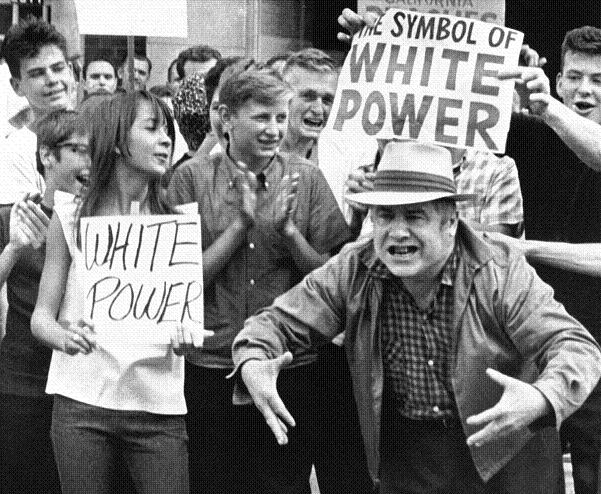
Additional information on the topic:
- Gilmer, M. (2015, December 17). Chicago’s deep history of racism gets a brief spotlight. Retrieved October 26, 2020 (image source)
- “The House We Live In: Race—The Power of an Illusion.” Films On Demand, Films Media Group, 2003
Episode #4 Before AFAM 101 I didn’t know what I didn’t know.
A Podcast by Charlie H.
Additional information on the topic:
- Image Citation: Maeyama, Jocelyn. A Brief Representative History of African American Studies at Wesleyan, 2019, magazine.blogs.wesleyan.edu/2019/05/20/a-brief-representative-history-of-african-american-studies-at-wesleyan/.
- Citations: Bennett, L. (1970). Before the Mayflower: A History of the Negro in America 1619-1964. Rev. ed. Harmondsworth, MD: Penguin Books.
- Stewart, J. B., & Anderson, T. (2015). Introduction to African American studies: Transdisciplinary approaches and implications. Baltimore, MD: Inprint Editions.
Episode #5 Before AFAM 101 I Didn’t Know Africans’ history in Africa and how they were kidnapped and enslaved in Europe and America
A podcast by John M.
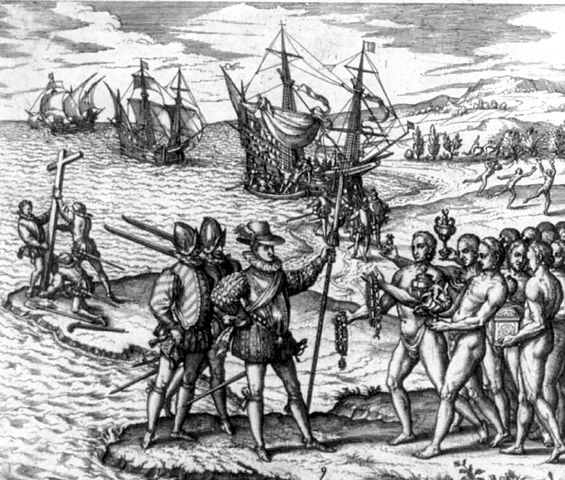
**points of clarification: Due to reading directly from the text Before the Mayflower, the outdated term, “Negro” is used because it is a part of the direct quotes. Please understand that this term is not to be used contemporarily to refer to African Americans, but historically the term was used. Thus the author of the book, Lerone Bennett, an African American historian utilized it as the correct terminology of his time.
Additional information on the topic:
- Bennett, Lerone. Before the Mayflower: a History of the Negro in America, 1619-1962. BN Publishing, 2018.
- Public Library, Chicago. The Americas Before the Mayflower. Hispaniola , 28 Oct. 2014.
Conclusion:

